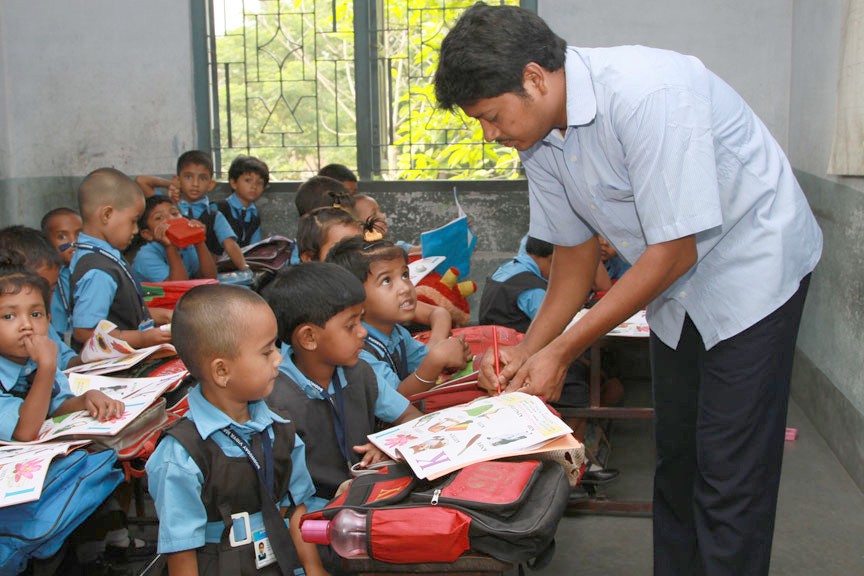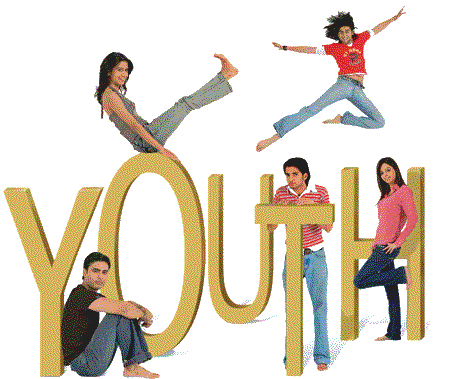If we look back in our memory of the journey of life, no matter how old we are – one major and distinctive area of our recollection includes a time in school and college. This is the period of education that a lot of us have gone through but I daresay this is the case for everybody in India (our literacy rate hovers around 74% according to the 2011 census). A huge number of children do not know what going to school is or what the idea of education or knowledge means and that is a sad truth. Needless to say, it has serious macro level repercussions as citizens of a country.

I’ve always found ‘education’ an overrated term belonging to the text books and a culture of examinations. Why is this? Actually, it is what it exactly sounds like. Can you think of 5 things you learnt in school that you consciously use in your daily life today? It is indeed doubtful, because what the purpose of education should be is threefold: 1) to ignite an ever glowing fire of learning in a person to seek, learn and understand throughout their lives. 2) To apply that massive bank of learning in being responsible, inclusive, intelligent beings. 3) To understand and imbibe ethics in everything they pursue.
The first point explains itself. Our thirst for education, which comes from Latin e-ducere means to ‘lead out’. A simple way to understand this is that we ‘educate’ a human being and we ‘train’ an animal. See? You are now educated about the word itself! That’s the magic and that is an endless, relentless search that goes on our entire lives, till us mortal beings become one with the earth.
The second point, originates directly from the first. Once we do have that thirst constantly quenched (by reading, through internet, school, social interactions etc.), we begin to apply it. In simpler terms, only if you know what a dozen means will you get a dozen apples from the market right? In the same way, educating yourself about the political, environmental, cultural, technical and social atmosphere and its history will make you take a stand and be responsible citizens.
Here’s an example – I will only vote and vote correctly, if I know what political organization is reliable and keen on developing the nation. I will raise a voice against any injustice only if I know what constitutes an ill action in the moral and legal sense. I will treat all women, men or people of various genders, castes or races, only if I know and respect human rights and its importance without bias.
The third point is where the buck stops. Imbibing ethics into education can do wonders beyond our imagination. Of all the corrupt diplomats and sexual violators, we see one strain of ill-ethics that makes millions suffer due to no fault of theirs. And it is life itself, along with experience, parental education and friends who often teach us more about ethics than our back-breaking text books.
Albert Einstein famously said ‘Education is what remains after one has forgotten what one has learned in school’. Hence the people mentioned in the beginning, the people who never went to school or never received formal education do not lack in the imagination and hunger it takes to achieve big results. Correct, updated and unbiased learning methods coupled with a push for complete enrollment can work wonders. You never know where the next social reformer, the next scientist, the next educator or the next Prime Minister may come from, but having access to education might just be the extra helping hand they required to be a responsible, productive citizen!































